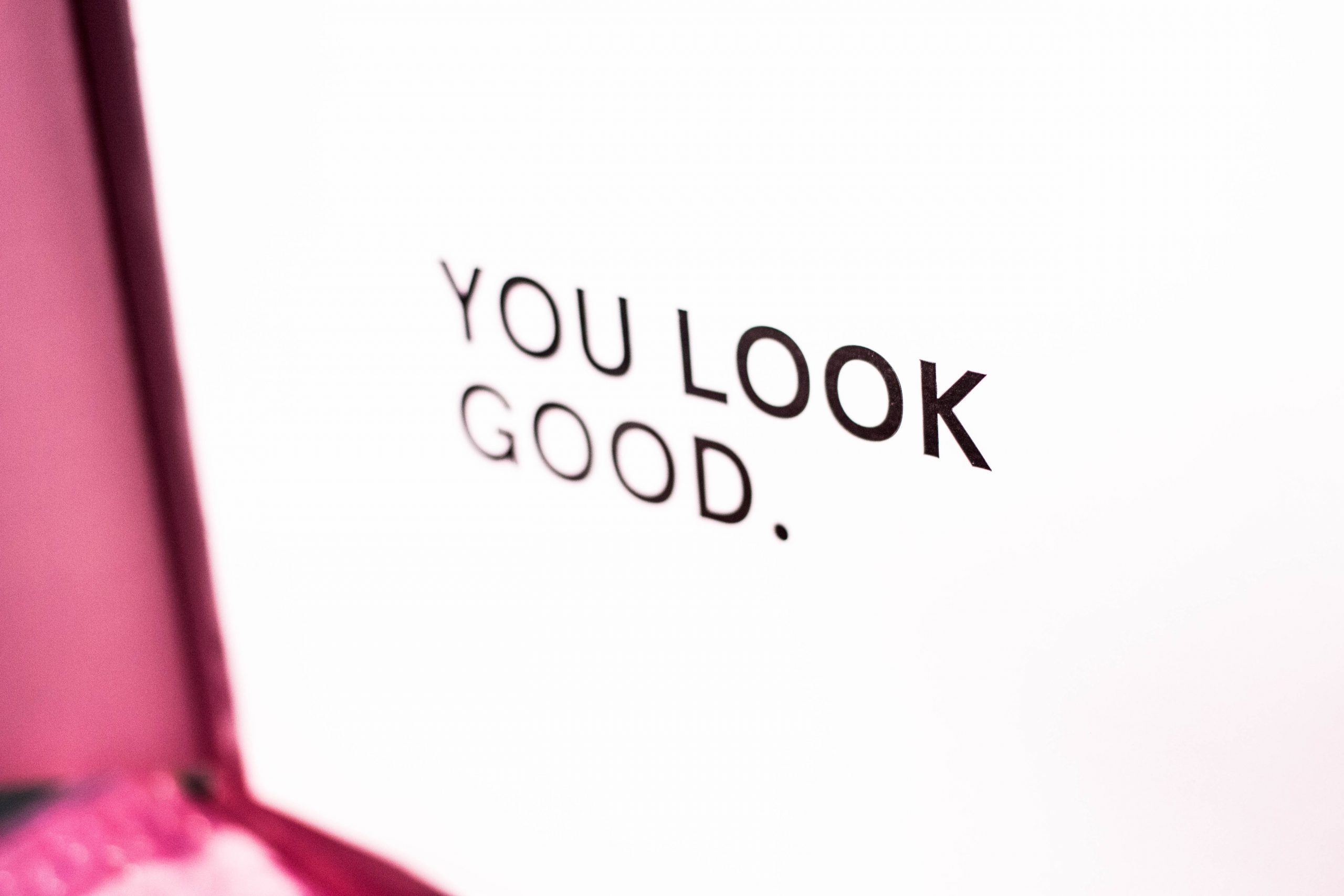Marla Beck is a life coach for writers: TheRelaxedWriter.com.
♦
MEREDITH: What is the difference between an examined life and an overanalyzed life?
MARLA: A juicy question, Meredith!
In my early 20s I was a classic “overanalyzer.” I was caught in a loop of self-concern, so concerned with my analyzing own feelings and perspectives that I unknowingly cut myself off from the solutions, relationships and possibilities I was seeking. I wasn’t making the most of my life because I was too caught up in the past.
Now that I’m in my 40s, I take care of myself better. I’ve been meditating regularly for a long time, I get support from friends and I eat food that makes me feel great. These practices wake me up and help me see my choices, habits and thoughts more clearly. As a result, I’m free to live in the present. My practices help me be more creative, responsive and engaged with the world.
So for me, at one end of the spectrum is the overanalyzed life: static, inward, ruled by the past. At the other end of the spectrum is the examined life: proactive, intentional…happy. I’ve been at both ends of the overanalyzed / examined life continuum. I much prefer the latter!
MEREDITH: How about the difference between setting up rules for your writing–and being a disciplined writer? How can we writers cultivate both discipline and flow in our creative work? In our lives?
MARLA: I’ve coached many writers around this topic, and the way we engage with this question often surprises my clients. They expect me to crack the whip, to demand more “butt in seat” time, but often I coach them to step away from their work or broaden their focus to include non-writing projects.
If a writer’s not showing up consistently to write, there’s a good chance he or she is ignoring or squeezing out a very real need for relaxation, fun or self-expression. As a result, their “inner rebel” runs wild.
To be simultaneously disciplined and creative, we’ve got to advocate for ourselves as both creative beings (ones who needs rest, relaxation, new experiences) and productive, working writers. Achieving this balance is a dynamic process – a real art!
MEREDITH: What fuels you creatively? Does the same thing always work? Are there standard ingredients? A shopping list?
MARLA: I use a variety of ways to spark my creative fire. Some of my favorites:
– listen to Bach, Thelonious Monk or classical vocal music
– meditate or do yoga, then take a solitary walk
– read something exquisitely written, then challenge myself to imitate some aspect of it (voice, syntax, perspective)
– shift my environment, by writing in my favorite cafe or library
The last item I’d add to the list is the one that works the best. Consciously stop trying to be “all that” and just be myself.
I performed a few weekends ago at a benefit for a terminally ill friend. After worrying (for several weeks) if I was selecting the “right” tune for this serious occasion, I just decided to do what came naturally. I decided to offer what I had, with a full heart.
Turns out that at this well-attended, serious-occasion benefit, I sang a blues song — an original, tongue-in-cheek blues tune I’d written — to the crowd. It doesn’t make logical sense to sing a blues tune at a benefit for a dying friend, but I had a great time. The audience loved “Crawldaddy.” I needn’t have worried so much! When I used “what makes me relaxed and happy” as a guide, I performed well and chose a good-enough tune for the occasion.
When I need more permission to create, relaxing my expectations works best.
MEREDITH: What’s the biggest downer/wet blanket routine….clients do to themselves – what stops the flow/promise/joy? Is there a list of the most popular? What are the best remedies?
MARLA: When we first start working together, my writer-clients will often try to talk themselves out of their creative work.
They’ll say things like:
– “Nobody but me would be interested in a piece on this”
– “It’s already been done before”
– “Who am I to write this?” or
– “I can’t pull this off.”
Others simply avoid their work. They don’t admit to themselves how important the novel really is to them, so they get caught in a cycle of respond to outside stimulus (always doing paid work first and never finding time to do their creative work) or shiny objects, like food, social invitations, housework…
The best remedy for a blocked writer who really needs to pursue a creative project is this: get really clear about why the project matters to you. Then, invest in yourself. Invest time. Invest in an experienced coach to help you get clear and stay on track.
MEREDITH: How do you keep your own blocks from getting in the way when coaching? What are the ways you’ve discovered to keep cheering them on when you’re stuck?
MARLA: It’s never tough to cheer my clients on. Most of my clients are established and successful freelancers. Others are talented literary writers. (Some are both.) I coach some amazing people!
It’s uncanny how many times I might find myself coaching a writer around exactly the same topic I may be struggling with in my own creative life. I learn so much about how I stand in my own way when I see my own challenges through someone else’s eyes. More than once, I’ve gone home and tried my client’s awesome solutions out for myself. Which explains why I sometimes bring my guitar into the bathroom to practice music while my three-year-old daughter takes her evening bath.
When Marla is not busy coaching she sometimes sits in as a jazz singer on restaurant gigs and open mics in Marin County, California.
Photo by Gemma Evans on Unsplash

